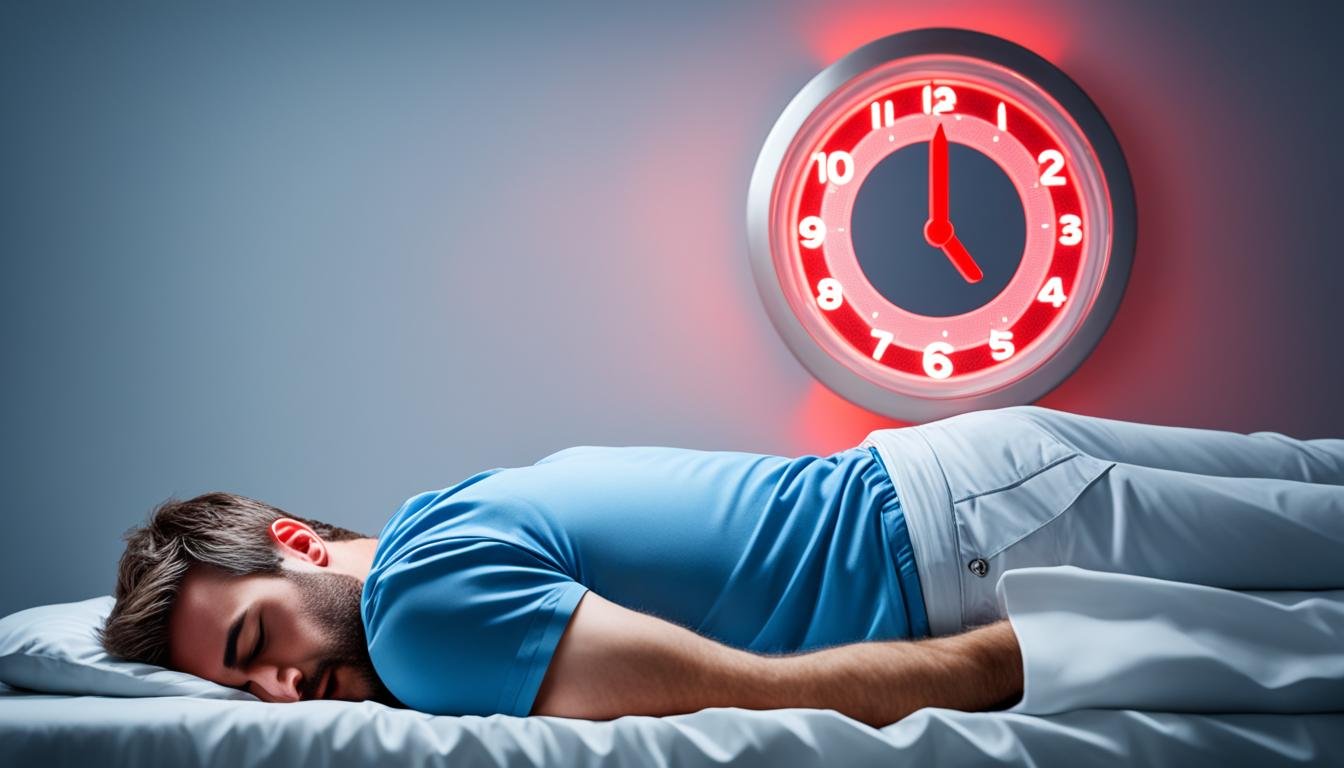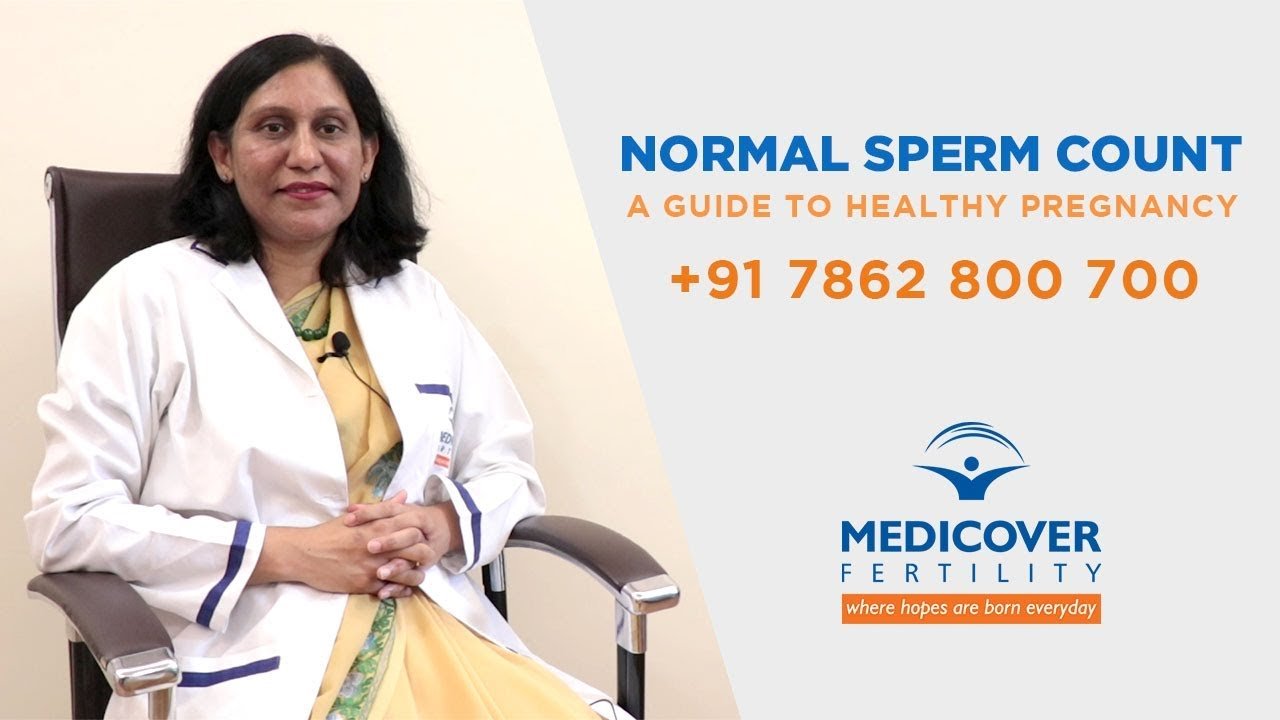Do you ever get back pain that’s worse at night? Don’t ignore it. It might show something serious is wrong. When back pain grows at night, it’s a warning sign.
We’ll look at nighttime back pain warning signs and causes. Knowing why back pain gets worse at night helps with quick diagnosis and treatment.
Key Takeaways:
- Nocturnal back pain is a warning that we shouldn’t ignore.
- Knowing nighttime back pain symptoms and signs helps doctors find the cause.
- Many reasons can make back pain worse at night.
- Bad sleep posture and spine problems often cause nighttime back pain.
- Seeing red flags and getting help is very important.
Understanding Nocturnal Back Pain
Back pain feels different for everyone. But, nighttime back pain needs extra focus. It hurts more at night and messes with sleep. This can make the next day hard.
Nocturnal back pain happens or gets worse at night. It’s a bit like regular back pain. But, there are signs to tell them apart.
Here are some common nighttime back pain indicators:
- Increased discomfort when lying down: This pain gets worse when you lie on your back.
- Difficulty finding a comfortable sleeping position: Finding a good sleep position is hard for those with this pain.
- Waking up due to back pain: The pain can wake you up many times at night.
- Stiffness upon waking: When you wake up, your back may feel stiff and sore.
Knowing these symptoms helps in seeking the right treatment.
“Nocturnal back pain can interfere with sleep and negatively affect daily activities.”
Why is Nocturnal Back Pain Different?
Nocturnal back pain has unique causes. Poor sleep postures or bad mattresses can make it worse. But, it’s often due to spinal or inflammatory conditions.
We will look at what causes nighttime back pain next. It will help us understand why it’s so bad and keeps coming back.
Common Causes of Nighttime Back Pain
Back pain at night has many causes. Knowing these causes helps find the right treatment. Let’s look at the main reasons:
Poor Sleeping Posture
Poor sleeping posture can cause back pain at night. Sleeping wrong, like on your stomach, strains the back. Proper sleep posture is key for a healthy spine and less back pain. Try sleeping on your side or back with good support.
Spinal Conditions
Some spinal issues lead to worse back pain at night. Conditions like herniated discs and spinal stenosis can pressure nerves. This causes pain. If you have a spinal condition, manage it well to lessen nighttime back pain.
Stress and Tension
Stress makes muscles tight. This can cause back pain at night. Relaxation techniques, like deep breathing, can ease stress and back pain.
Overuse or Strain
Using back muscles too much can make pain worse at night. So can sudden injuries. To avoid back pain from overuse or strain, use proper body mechanics and don’t overdo it.
Other Contributing Factors
Other things can cause nighttime back pain too. Like being overweight or not active enough. Fixing these issues can ease back pain and boost health.
Knowing these common causes lets you fight back pain at night. Always ask a doctor for advice and treatment.
Posture and Sleeping Positions
Standing and sleeping the right way is key to a healthy back. Bad sleep postures can make back pain worse. Changing how you sleep can make your spine happier and cut down on morning pain.
There’s no single best way for everyone to sleep. But, here are tips for better spine health as you rest:
- Back Sleeping Position: Lying on your back is often best for your spine. Put a pillow or rolled towel under your knees to help your lower back.
- Side Sleeping Position: If you’re a side sleeper, a pillow between your knees can keep your spine straight. This lowers stress on your lower back.
- Stomach Sleeping Position: Stomach sleeping can hurt your neck and spine. If you must, use a flat pillow or none to ease neck strain.
Your daytime posture matters too. Bad posture by day leads to bad sleep postures and more night pain. Here are ways to keep your posture good all day:
- Make sure your work space is set up right. Your chair, desk, and computer screen should support good posture.
- Don’t sit too long. Stretch and move regularly.
- Do core-strengthening exercises. A strong core supports your spine.
- Choose a mattress and pillow that suit how you sleep best.
Being aware of how you stand, sit, and sleep can prevent back pain. It can stop bad sleep postures and ease pain at night.
Spinal Conditions and Nighttime Back Pain
Many spinal conditions can cause back pain at night. Knowing these conditions helps find the right treatment for sleep pain. Let’s talk about common spinal problems linked to nighttime back pain.
Herniated Discs
A herniated disc means the inner part of a disc pushes out. This can squeeze nerves, causing back pain that gets worse at night. It might also make your legs hurt more, making it hard to sleep.
Spinal Stenosis
Spinal stenosis makes the spinal canal tight. This squeezes the spinal cord and nerves. You might feel back pain at night, have weak legs, feel numb, and have trouble walking. Lying down might make it hurt more.
Degenerative Disc Disease
Degenerative disc disease happens when spine discs wear down. This makes the spine unstable, causing more back pain at night. It also makes you stiff and limits how much you can move.
| Spinal Condition | Symptoms | Impact on Nocturnal Back Pain |
|---|---|---|
| Herniated Discs | Back pain, leg pain or numbness, tingling, muscle weakness | Nerve compression leads to intensified back pain during sleep |
| Spinal Stenosis | Back pain, leg pain or weakness, numbness, difficulty walking | Pressure on spinal cord and nerves causes nocturnal back pain |
| Degenerative Disc Disease | Back pain, stiffness, limited range of motion | Loss of disc cushioning leads to worsened back pain at night |
Knowing the exact spinal condition helps figure out the best treatment. If you think a spinal problem is causing your pain, see a doctor. They can diagnose you and suggest ways to feel better.
Inflammatory Conditions and Nighttime Back Pain
Arthritis can cause nighttime back pain. It makes joints swell up, including in the spine.
This pain gets worse at night. It can make you feel stiff and hurt more when you’re resting.
It’s important to know the signs of this kind of back pain. Some signs include:
- Pain and stiffness in the back that doesn’t go away for more than three months.
- It’s hard to get out of bed or move in the morning.
- Feeling better when moving but worse when resting.
If you have these symptoms, see a doctor. They can help figure out the problem and how to treat it.
There are ways to help this kind of back pain. They include:
- Medicines like NSAIDs, corticosteroids, and DMARDs to lower inflammation and pain.
- Exercise and Physical Therapy: Regular movement and working with a therapist can make you more flexible and strong. This helps reduce pain.
- Heat and Cold Therapy: Using heat or cold can lower swelling and ease pain for a little while.
- Assistive Devices: Sometimes, using things like braces helps support your back and eases joint pressure.
Managing these conditions well can make you sleep better and feel overall better.
If night back pain doesn’t go away, or if you notice these warning signs, talk to a doctor. They can help you find the right treatment.

Other Potential Causes of Nocturnal Back Pain
Some less common causes of back pain at night are muscle strains, infections, and tumors. Knowing the symptoms and warning signs is key. This helps decide if more medical checks are needed.
Muscle strains might cause your back pain at night. This can happen from working too hard, bad posture, or quick moves. Symptoms include pain in one area, stiff muscles, and trouble sleeping well.
Infections can make back pain worse at night. If you have bad back pain, fever, chills, or other infection signs, see a doctor fast.
Tumors causing back pain at night are rare. But, constant and getting worse pain needs a check to rule out cancer. Unexplained weight loss, feeling very tired, or other odd symptoms with back pain means you should get medical help.
| Potential Causes | Symptoms | Red Flags |
|---|---|---|
| Muscle Strains | – Localized pain – Muscle stiffness – Discomfort while sleeping |
– Difficulty moving – Severe, persistent pain |
| Infections | – Back pain accompanied by fever – Chills – Signs of infection |
– Severe pain with no apparent cause – Difficulty breathing |
| Tumors | – Persistent and worsening back pain – Unexplained weight loss – Fatigue |
– Neurological symptoms – Unexplained fever |
Seeing a doctor for severe back pain at night or worrying signs is wise. A proper check-up and treatment can ease your pain and keep you healthy.
When to Worry about Nighttime Back Pain
Back pain at night can be worrying. But when should you seek medical help? We’ll look at signs that show when immediate medical help is needed.
If back pain wakes you up, it may be serious. Here are signs that you need to see a doctor:
- Severe and persistent back pain that disturbs your sleep
- Back pain with unexplained weight loss
- Numbness, tingling, or weakness in the legs
- Loss of bladder or bowel control
- Back pain that worsens with movement or exercise
These signs could mean spinal or neurological issues. Don’t ignore them. It could make things worse and delay treatment.
Always be cautious with your health. If you’re unsure about your back pain at night, see a doctor. They can diagnose and guide you properly.
Early medical help can stop conditions from getting worse. It can ease pain and make you healthier. If nighttime back pain worries you, talk to a healthcare provider.
Common Red Flags for Nocturnal Back Pain
| Red Flags | Explanation |
|---|---|
| Severe and persistent back pain that disturbs your sleep | Intense pain that keeps you from sleeping may mean a serious condition that needs a doctor’s care. |
| Back pain with unexplained weight loss | Losing weight without trying, along with back pain, could be a health problem. A doctor should check it. |
| Numbness, tingling, or weakness in the legs | These could mean nerve damage or compression. You need to see a doctor right away. |
| Loss of bladder or bowel control | This could suggest spinal cord issues. It’s serious and needs quick medical help. |
| Back pain that gets worse with movement or exercise | Pain that movement or exercise makes worse can signal an injury or condition needing a doctor’s evaluation. |
Your health is important. For severe or ongoing nighttime back pain with these signs, getting medical help quickly is key.
Diagnosing Nocturnal Back Pain
To find out why your back hurts at night, doctors do several checks. They look closely at the problem and decide how to fix it.
First, they ask about your pain and check your body. They want to know how bad the pain is and what makes it worse. They check how well you move, your strength, and if there’s swelling or harm.
More tests might be needed if they’re still worried. Things like X-rays or MRI scans show pictures of your spine. This helps doctors see if something is wrong with your bones, disks, or nerves.
Sometimes, even more tests are done. These can include:
- Nerve conduction studies (NCS) and electromyography (EMG): They check the electric signals in your nerves and muscles. This finds nerve damage or squeezing.
- Discography: A dye is put into your spinal disks before taking pictures. It shows which disks hurt.
- Bone scans: A tiny bit of radioactive stuff is put into your blood. It looks for bone problems like breaks, infections, or tumors.
The test results and what doctors learn from talking to you help them understand the pain. They can then make a plan to help you feel better.
Key Points:
- Doctors ask questions, do tests, and sometimes more, to understand back pain at night.
- X-rays, CT scans, or MRIs take pictures of your spine to find problems.
- Extra tests like nerve checks, discography, or bone scans provide more details.
Finding the cause of back pain at night is very important. Doctors need to know why it hurts to help you the best way they can.
| Nocturnal Back Pain Diagnostic Procedures | Benefits |
|---|---|
| Medical history and physical examination | Provides valuable information and helps identify potential causes |
| X-rays, CT scans, or MRIs | Reveal detailed images of the spine, assisting in the identification of abnormalities |
| Nerve conduction studies and electromyography | Evaluate nerve function and identify possible nerve damage or compression |
| Discography | Pinpoints specific discs that may be responsible for the pain |
| Bone scans | Identify areas of increased activity, indicating fractures, infections, or tumors |
To solve the mystery of night back pain, doctors use special tests. They find out the main reason and choose the best way to help you.

Managing and Treating Nighttime Back Pain
Nighttime back pain can be tough. But, you can treat it and sleep better. First, find out why it hurts and handle the pain well. Here’s what might help:
Lifestyle Changes
Start with changing your lifestyle. Keep a healthy weight, exercise often, and sleep well. These changes could lower your back pain at night.
Physical Therapy Exercises
Doing physical therapy exercises can also help. They make your back muscles stronger and more flexible. This can ease the pain. Talk to a doctor or therapist to find out which exercises are best for you.
Medication Options
Medication might be needed to handle the pain. Drugs like NSAIDs reduce swelling and pain. Muscle relaxants can also help you relax. Always talk to a doctor before you start any medicine.
Other Techniques
There are more ways to get relief. Try hot or cold therapy, massage, acupuncture, or chiropractic care. Always check with a pro before you try new treatments.
It’s key to work with a doctor to find what works for you. What helps depends on the cause and how bad the pain is. A personal treatment plan is important.
| Treatment Options | Benefits |
|---|---|
| Lifestyle Changes | – Reduces the risk of exacerbating back pain – Promotes overall spinal health |
| Physical Therapy Exercises | – Strengthens muscles supporting the spine – Improves flexibility and mobility |
| Medication Options | – Reduces inflammation – Alleviates discomfort and muscle tension |
| Other Techniques | – Provides additional pain relief – Promotes relaxation and improves sleep |
Prevention and Self-Care for Nocturnal Back Pain
If you have severe back pain at night, it’s key to act early. This helps prevent more pain and keeps your spine healthy. Adding self-care to your day can cut back on night pain. It also makes you feel better overall.
Proper Nutrition
Eating right is vital for easing back pain. A balanced diet helps keep bones and muscles strong. Make sure to eat lots of fruits, veggies, grains, lean meats, and healthy fats.
Exercise and Stretching
Staying active helps avoid back pain and keeps your spine happy. Try gentle exercises like walking, swimming, or biking to make your back stronger. Stretch your back, legs, and hips too. This eases tightness and keeps night pain away.
Ergonomic Adjustments
Your sleep setup should help keep your spine straight. Choose a mattress and pillows that support and feel good. If you sit a lot at work, make your space back-friendly. Use a chair that adjusts, a desk at the right height, and something for lumbar support.
Stress Management
Too much stress can make muscles tight and worsen back pain. Try stress-busters like meditation, deep breaths, or fun hobbies. Taking care of yourself and handling stress well is good for your health. It can also make night pain less likely.
Remember, it’s better to prevent pain than to treat it. Use these self-care tips to avoid night back pain and sleep well.
| Self-Care Techniques for Nocturnal Back Pain Prevention | Benefits |
|---|---|
| Proper Nutrition | Supports strong bones and muscles |
| Exercise and Stretching | Strengthens back muscles, improves flexibility |
| Ergonomic Adjustments | Maintains good spinal alignment during sleep and work |
| Stress Management | Reduces muscle tension and promotes relaxation |
Conclusion
Back pain at night might mean you have a health issue. We talked about what causes it and the signs to look for. It’s important to notice if the pain stays, you can’t sleep, and moving is hard at night.
If these signs show up, getting help from a doctor is key. They can figure out why you have back pain at night. They’ll also know how to treat it.
It’s also good to take care of yourself to avoid night back pain. Stand and sit the right way during the day. Choose a good way to sleep and do exercises. These steps can make your back feel better and help you sleep well.
FAQ
Why is back pain at night a red flag?
Back pain at night may mean a serious issue that needs doctor’s check. It could point to spine problems or inflammation needing attention.
What are the warning signs of nocturnal back pain?
If back pain ruins your sleep or gets worse in certain positions, take note. Also watch for leg numbness and other symptoms like fever.
What are the causes of nighttime back pain?
Many things can cause it, like bad sleeping posture, spine issues, or arthritis. It’s key to find the cause for right treatment.
How does poor sleeping posture contribute to back pain at night?
Bad sleeping positions can strain your back, causing pain. It helps to sleep in a way that supports your spine well.
What are some common spinal conditions that can cause nighttime back pain?
Conditions like herniated discs and arthritis can make your back hurt at night. They press on nerves, causing pain during sleep.
Are inflammatory conditions associated with nighttime back pain?
Yes, conditions like arthritis can lead to back pain at night. Inflammation causes pain that gets worse when you’re in bed.
Besides spinal conditions, what are other potential causes of nocturnal back pain?
Muscle strains, infections, and tumors can also cause nighttime back pain. These reasons may need more doctor checks if pain is bad.
When should I be concerned about nighttime back pain?
Be worried if pain is bad, doesn’t go away, or gets worse. Also if you have symptoms like weakness or fever, see a doctor quick.
How is nocturnal back pain diagnosed?
Doctors will talk to you, check you, and might do X-rays or scans. They do this to find out why your back hurts at night.
What are the treatment options for nighttime back pain?
You might need to change some habits, do physical therapy, take medicine, or sometimes have surgery. Always talk to a doctor for advice.
How can I prevent nighttime back pain and take care of my back?
Keep your back strong by sitting right, using good pillows, and exercising. Also, avoid things that make your back hurt. Ask a doctor for tips.

